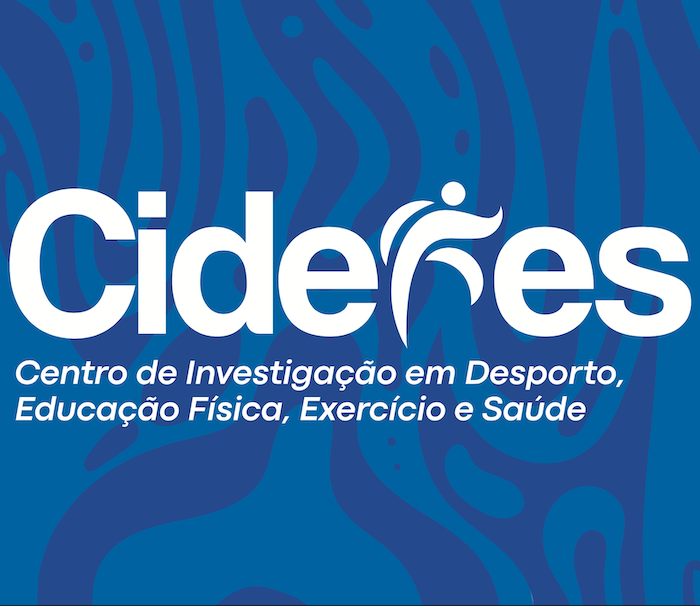Projects
SUNRISE-PORTUGAL: Estudo Português dos Comportamentos de Movimento – 24 horas na Primeira Infância
A. Project Name
SUNRISE-PORTUGAL: Estudo Português dos Comportamentos de Movimento – 24 horas na Primeira Infância
B. Submitted to the call/funding institution
FCT - Programa de Inovação e Transição Digital (COMPETE2030)
C. Principal Investigator
Clarice Martins (CIAFEL, FADEUP)
D. Timeline
19-03-2024 (submitted)
Data de início: 06-01-2025
Data de fim: 25-06-2027
E. Partners
Universidade de Coimbra
Universidade Lusófona
Universidade de Évora
Universidade do Algarve
F. From CIDEFES
Eduarda Sousa-Sá
G. Summary
Objectives: What do you want to achieve by implementing the project?
To identify and compare the prevalence of children aged 3-4 years in urban and rural areas of the Portuguese macro-regions, that comply with the WHO recommendations for movement behaviors - 24 hours; and analyze the relationship of these behaviors with the physical, cognitive, and socio-emotional development of the children assessed.
Implementation: What activities are you going to implement?
Task 1.1: Ethics, Data Protection, and Equipment purchase
Task 1.2: Preparation of the Portuguese coordinating research centre
Task 1.3: Preschools´ screening and establishment of protocols
Task 1.4: Training of human resources
Task 2.1: Data assessments
Task 2.2: Data processing
Task 3.1: Data analysis and preparation of individual reports
Task 3.2: Dissemination-Reports and science outreach and translation
Task 3.3: Dissemination- Scientific outputs
Task 3.4: Final project´s report
Results: What project results and other outcomes do you expect your project to have?
It is expected to directly respond to the urgency of national and international surveillance of young children's development and movement behaviors. The data collected will be essential in understanding the development of preschool children in the different Portuguese macro-regions. It will also support the comparison between the countries included in the Sunrise International Study, in relation to low, medium, and high income countries, leading to a better understanding of the universal and cultural aspects relating to the development and movement behavior of preschoolers worldwide.

